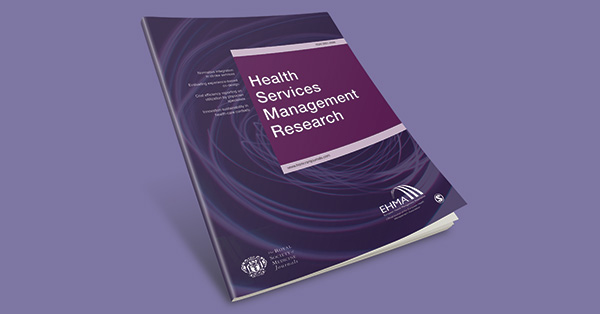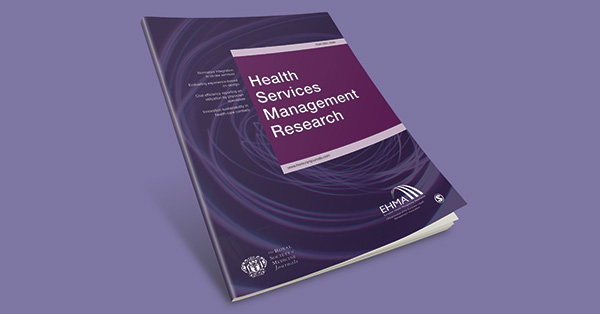
A new survey called Vital Signs, conducted by Keysight in collaboration with the Healthcare Information and Management Systems Society (HIMSS), reveals that the healthcare industry is behind other industries in adopting test automation practices to ensure the quality of the software that physicians use to provide patient care.
The survey shows that 82% of the U.S.-based healthcare executives, decision influencers, and IT professionals who participated in the survey said their organization used manual or do-it-yourself (DIY) software testing methods.
“Having this legacy mentality comes with real costs, whether it’s maintaining a complicated custom-built testing solution or having QA teams burdened with repetitive manual testing tasks,” said Gareth Smith, General Manager of Software Test Automation at Keysight.
“The healthcare industry’s current software testing practices remain deeply tied to workflows born of a paper-based world that favored manual and homegrown solutions.”
The survey indicates that there is an opportunity for the healthcare industry to improve overall software quality for physicians, nurses, and support staff through automation. This is reflected in the longer-term software testing goals of respondents, with 75% stating they plan to move to primarily automated testing during the next five years.
Some of the key findings from Vital Signs, include: • Poor software testing presents risks to patients – The study finds this to be a real danger, with only 6% of primary decision makers in software testing feeling confident that software test coverage is sufficient to minimize patient risks. Software-based electronic medical records (EMR) are designed to enable quality patient care, but poorly designed user interfaces or system glitches can lead to medical errors.
The survey shows that 82% of the U.S.-based healthcare executives, decision influencers, and IT professionals who participated in the survey said their organization used manual or do-it-yourself (DIY) software testing methods.
“Having this legacy mentality comes with real costs, whether it’s maintaining a complicated custom-built testing solution or having QA teams burdened with repetitive manual testing tasks,” said Gareth Smith, General Manager of Software Test Automation at Keysight.
“The healthcare industry’s current software testing practices remain deeply tied to workflows born of a paper-based world that favored manual and homegrown solutions.”
The survey indicates that there is an opportunity for the healthcare industry to improve overall software quality for physicians, nurses, and support staff through automation. This is reflected in the longer-term software testing goals of respondents, with 75% stating they plan to move to primarily automated testing during the next five years.
Some of the key findings from Vital Signs, include: • Poor software testing presents risks to patients – The study finds this to be a real danger, with only 6% of primary decision makers in software testing feeling confident that software test coverage is sufficient to minimize patient risks. Software-based electronic medical records (EMR) are designed to enable quality patient care, but poorly designed user interfaces or system glitches can lead to medical errors.
- Organizations lack resources needed to scale testing – Nearly two-thirds of respondents said their team lacked the time, budget, or talent to scale future software testing. Among respondents using DIY approaches, only 38% reported satisfaction with their organization’s ability to meet all test requirements prior to software releases, 10 percentage points lower than manual approaches.
- Healthcare industry eager to embrace automation – Respondents see real benefits to deploying automation, with 71% saying automated software testing could free up staff time and resources. In addition, 58% anticipate automation would lead to fewer software defects, while 49% said automation would reduce time to release, and 44% said it would enhance data security.
“Our joint survey with Keysight highlights gaps in software testing across healthcare providers,” said Nicole Ramage, Sr. Market Insights Manager, HIMSS while adding, “It is clear that the industry understands the value of implementing automation technologies to ensure software quality, which in turn can improve patient care.”
To help IT professionals in the healthcare industry address these challenges, Keysight offers an AI-powered suite of software test automation solutions tailored to healthcare. This includes non-invasive EMR testing at DevOps speeds, end-to-end medical device software testing, and HIPAA-compliant testing solutions.
"We see that the industry is poised to take advantage of modern test automation tools," said Smith.
"Powered by AI, Keysight can automate the entire EMR testing process to effectively address any gaps in providers' current testing practices. This can enable QA teams to perform their existing tests more consistently across platforms and test more extensively than with manual or DIY approaches."


 Test Automation Can Improve Software Quality and Patient Care in Healthcare Industry
Test Automation Can Improve Software Quality and Patient Care in Healthcare Industry




 Companies
Companies